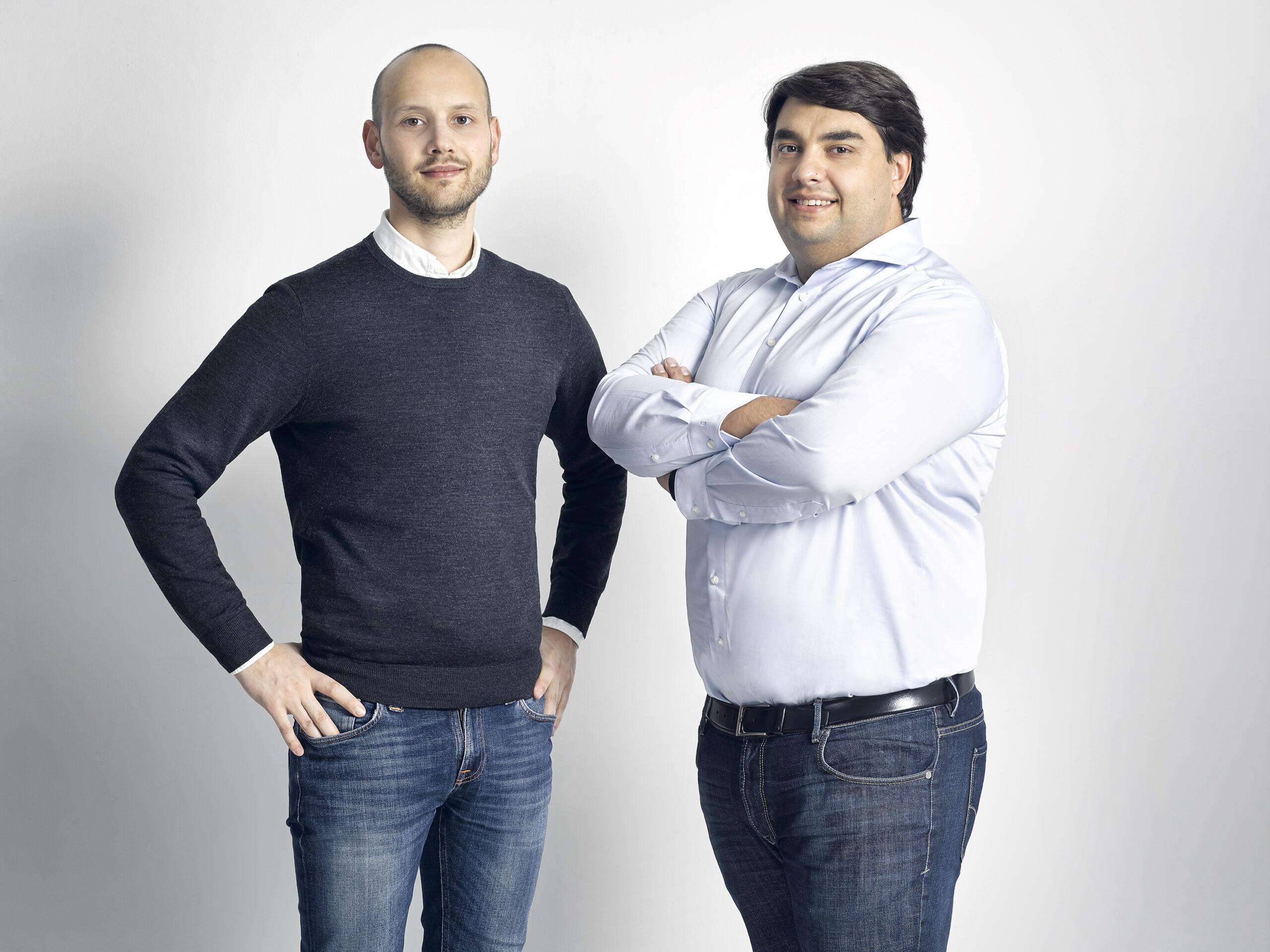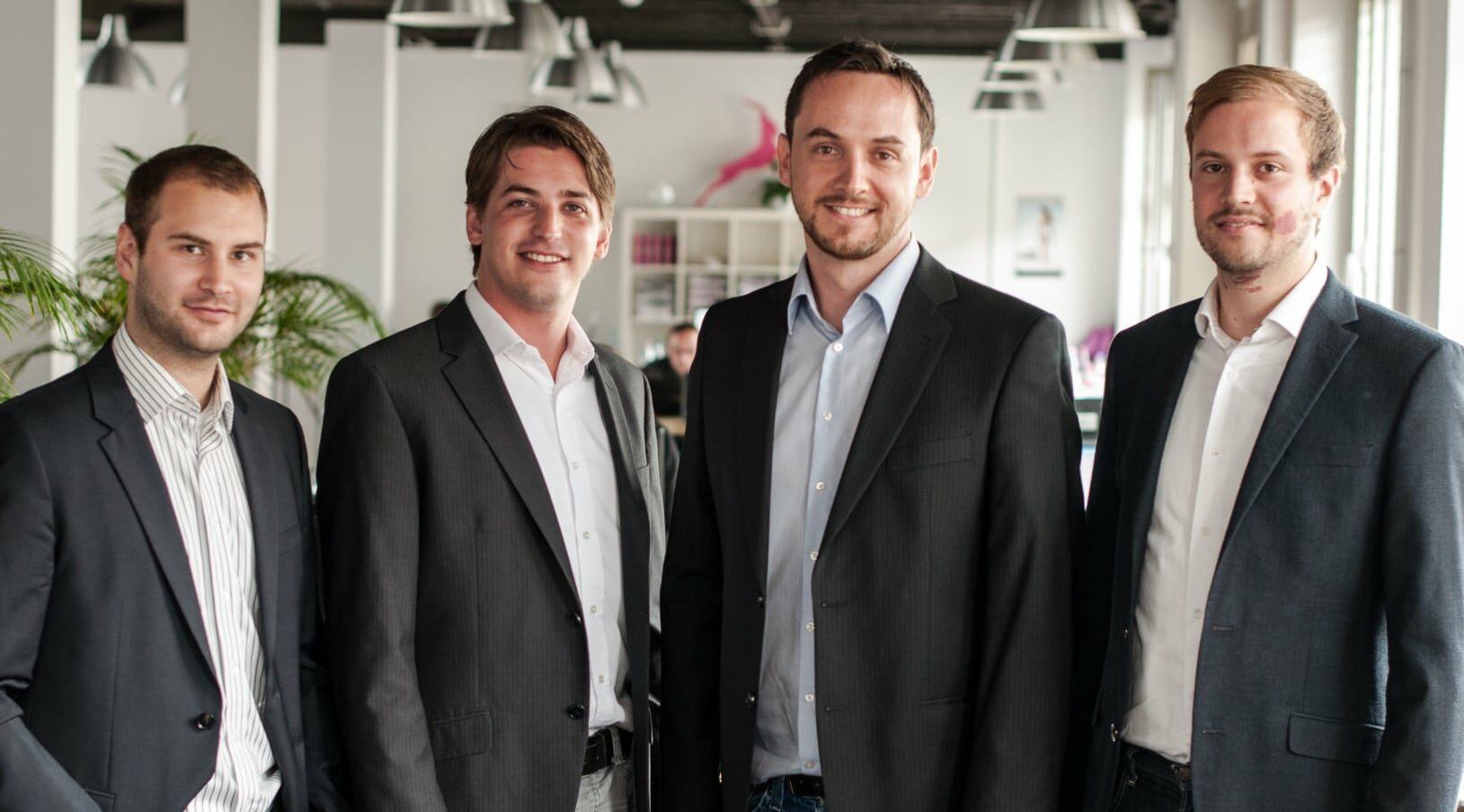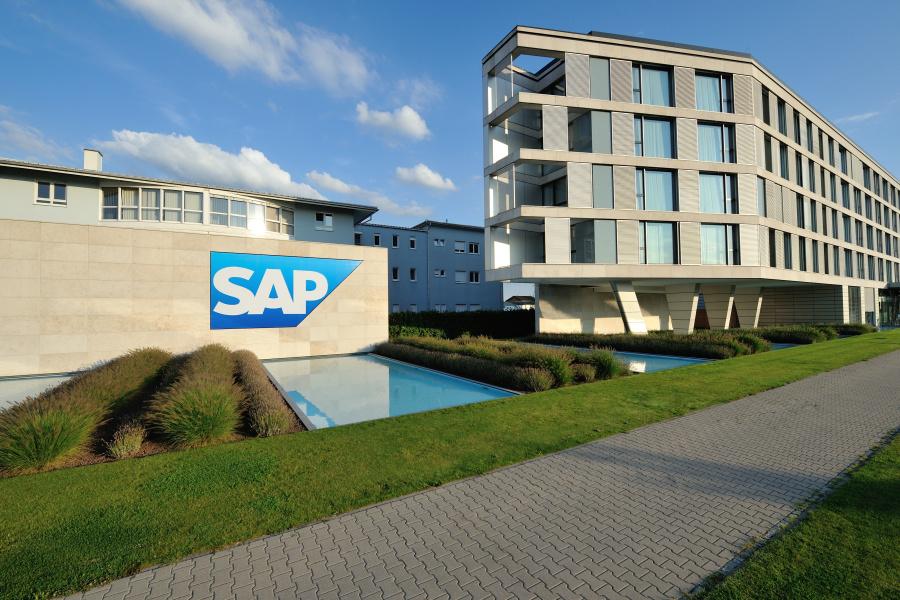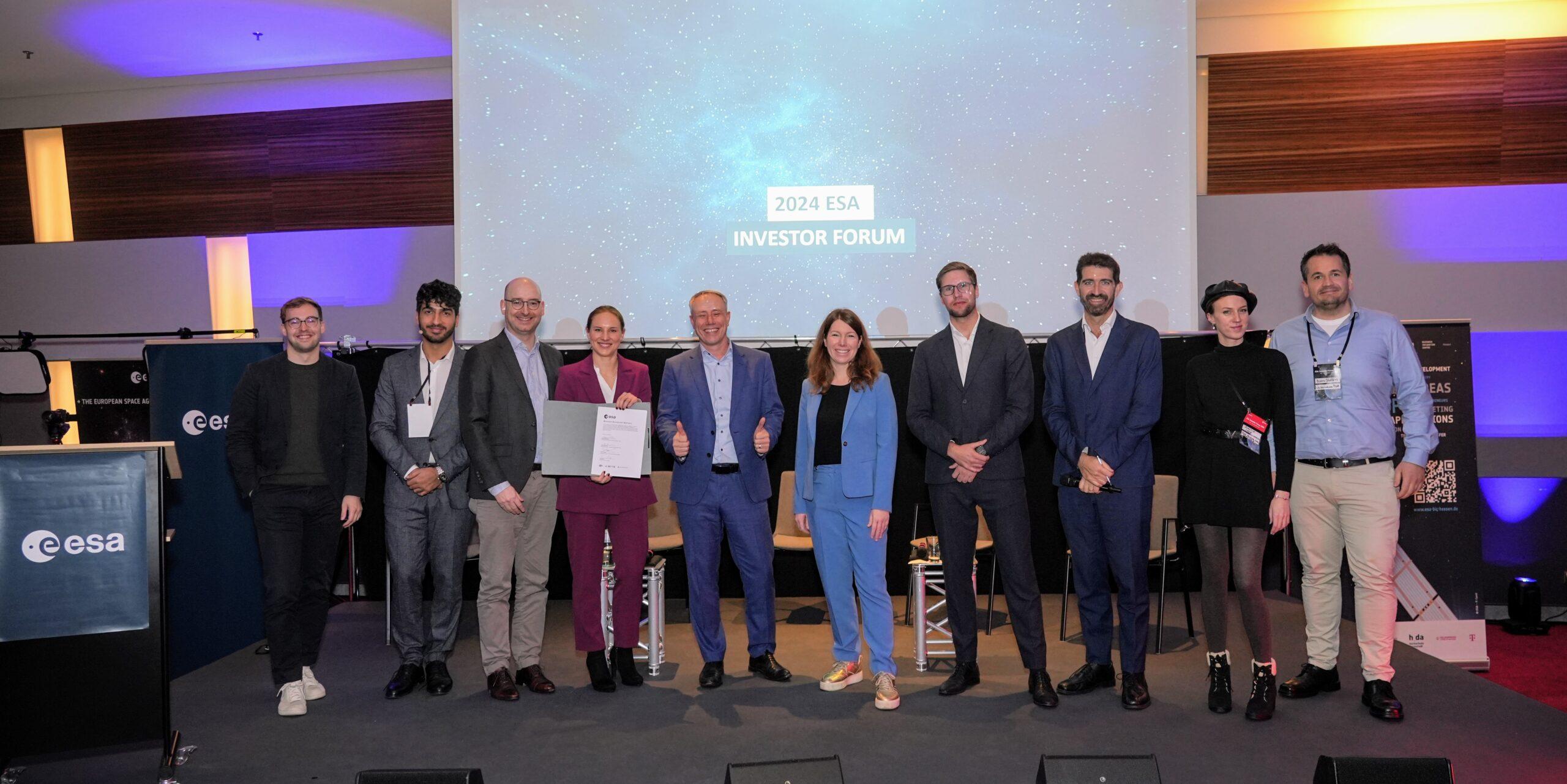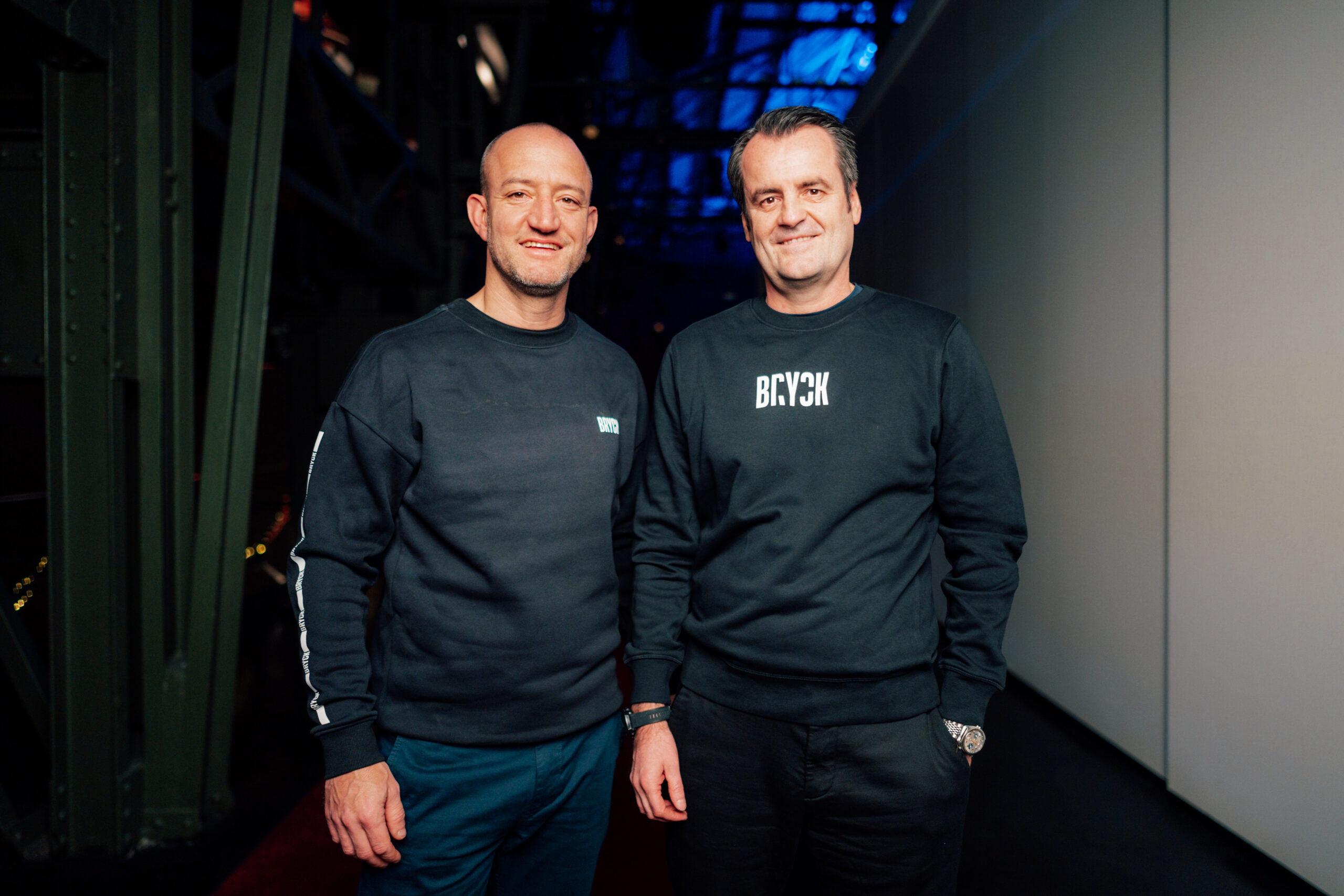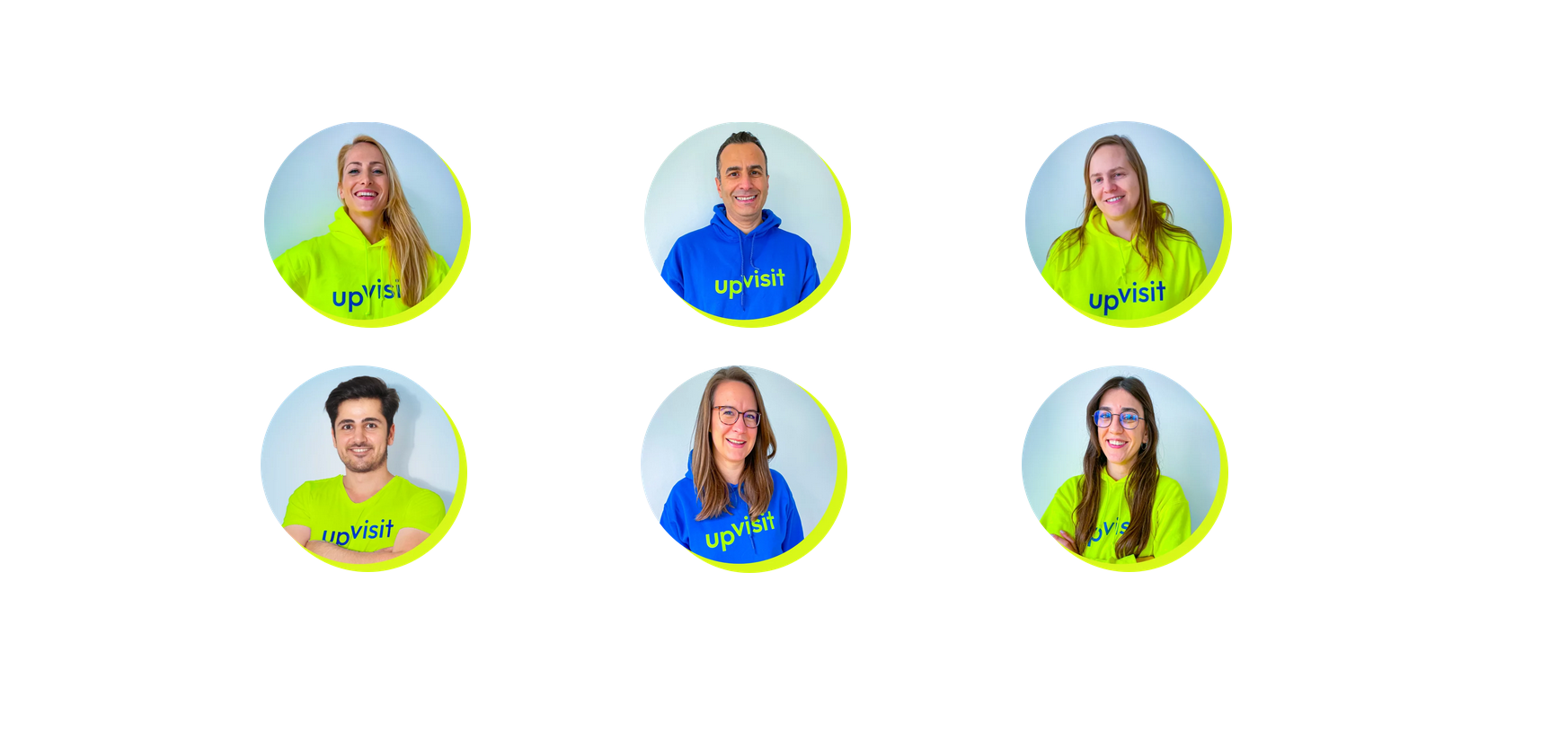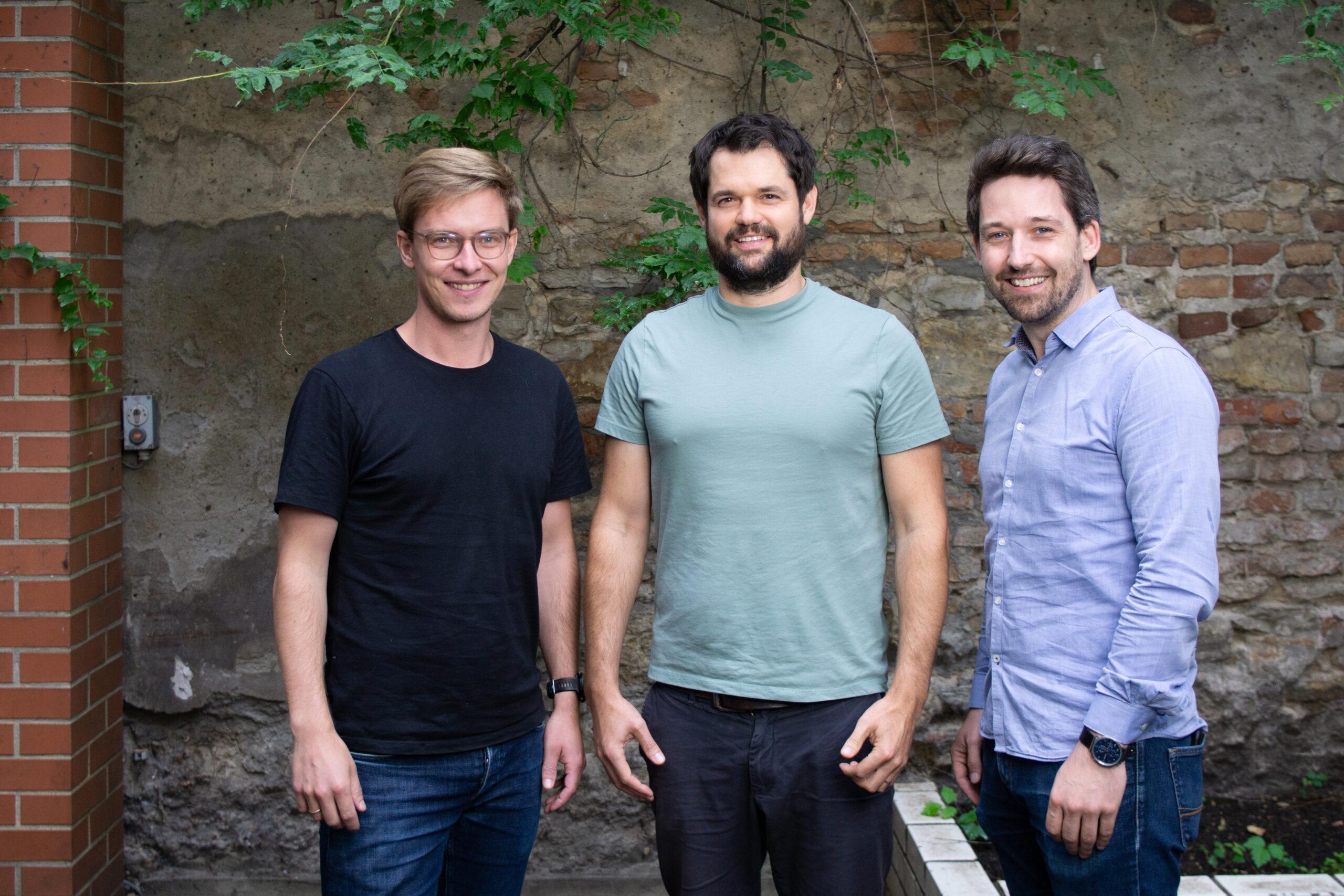Travel expense reporting made easy

The start-up Circula wants to set the new standard in travel and expense management. Can it succeed?
If you ask Nikolai Skatchov what problem he is solving with his start-up Circula, the first response is a deep "hmmm". The founder sits in front of his open laptop in Berlin, takes his time, thinks about how he can best explain his idea and then gets started: "We take the headache out of employees and also employees in financial accounting."
However, they have not developed a new miracle pill at Circula. Instead, the start-up believes it has found a simple solution when it comes to processing employee expenses such as travel costs.
But is it even possible to get through to companies in times of coronavirus? The German Travel Management Association (VDR) sounded the alarm in November. The number of business trips is continuing to fall. Nevertheless, Circular says it has recently managed to acquire new customers. The biggest challenge for the start-up is a different one: It is far from being the only software provider for processing employee expenses.
For a long time, processing travel expenses meant that employees had to fill out slips of paper themselves, stick in receipts and travel tickets and then send everything to the department responsible for further processing. The department in turn had to enter everything into its system and, under certain circumstances, calculate shares that employees would be reimbursed for. This was annoying for both sides and often meant several hours of work for frequent travelers, for example.
There are now various programs that are designed to make this easier. Photographing the invoice once with a cell phone and forwarding it directly via an app - this is what modern solutions look like today. And this is precisely the field in which Circula has been involved for a good three and a half years.
"When I was still working at Finleap, a start-up incubator in Berlin, we had pretty old-fashioned software for expenses and accounting, for example," says Skatchov. "As soon as we were confronted with tax issues during the expense report, we were annoyed and were happy to put the whole thing off." For Skatchov, who had always wanted to start his own business, that was reason enough. Together with his colleague at the time, Roman Leicht, he set up Circula.
"The billing software sector is currently in the middle of a generational change," he says. This still means: "Either the software provider has taken German tax law into account, but then the program is usually very confusing and cumbersome to use - or there is a program from the USA that is very automated, but then not adapted to German tax law." Skatchov wants both in one app: an automated process that is adapted to German tax law.

Circula is an app for traveling employees. Among other things, they can use it to scan receipts and have them read out automatically, forward PDF invoices or import the list of hospitality guests directly from the calendar. Supervisors can then - either via the app or on the computer - approve the submitted expenses or evaluate the costs by using the filter and search function, for example. Accountants are then sent the data. For example, they can configure their cost accounting individually and have the option of displaying duplicates of invoices that have been submitted twice by mistake.
However, there is already a similar solution, SAP Concur, for example, from an established provider. It even integrates travel booking. According to the SAP Concur website, major customers such as Bayer, IBM and Zalando rely on this software. So is Circula too late after all?
"Our software is currently used by many start-ups through to large corporations - but most of our customers could be classified as SMEs in terms of their size," says Skatchov. For them, he wants to offer a better customized solution than that of the big competitor. To illustrate this, Skatchov calls up a graphic on his laptop and splits the screen. It shows the companies in Germany according to their number of employees. According to the chart, companies with more than 10,000 employees account for a good five million employees, but there are also a good seven million employees at companies with between 1,000 and 10,000 employees. "This is the segment that operates internationally, but for which a flagship like SAP Concur doesn't fit in some cases," says Skatchov. And that's exactly where he wants to go. To offer them all the right solution. Initially only for companies in Germany, but in future also in other European countries, as Skatchov says. His approach has already won over N26, AXA and the BDI as customers.
An argument with which the founder wants to score points: DATEV, the IT service provider for tax consultants, auditors and lawyers, recently entered into a strategic partnership with Circula. In October, the IT service provider's magazine recommended using Skatchov's start-up for expense and travel expense accounting. The next step on the way to becoming a major software provider has thus been taken.

Newsletter
Startups, stories and stats from the German startup ecosystem straight to your inbox. Subscribe with 2 clicks. Noice.
LinkedIn ConnectFYI: English edition available
Hello my friend, have you been stranded on the German edition of Startbase? At least your browser tells us, that you do not speak German - so maybe you would like to switch to the English edition instead?
FYI: Deutsche Edition verfügbar
Hallo mein Freund, du befindest dich auf der Englischen Edition der Startbase und laut deinem Browser sprichst du eigentlich auch Deutsch. Magst du die Sprache wechseln?











